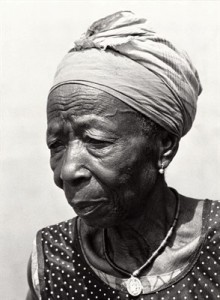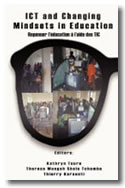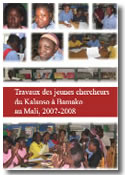In This I Believe: Greetings July 28, 2014
 A cashier at a café at Johnson Country Community College (Kansas, USA), where I spend a few hours most days these days, inspired me to share something I read earlier this year by a friend of a friend. The cashier explained how some people, while they order and pay for their breakfast or lunch or snack with him, chat on their cellphones and toss debit or credit cards at him, never making eye contact or otherwise acknowledging him as a person. An essay by a friend of a friend on the importance of greetings came to mind, and I thought I’d share it. Here goes…
A cashier at a café at Johnson Country Community College (Kansas, USA), where I spend a few hours most days these days, inspired me to share something I read earlier this year by a friend of a friend. The cashier explained how some people, while they order and pay for their breakfast or lunch or snack with him, chat on their cellphones and toss debit or credit cards at him, never making eye contact or otherwise acknowledging him as a person. An essay by a friend of a friend on the importance of greetings came to mind, and I thought I’d share it. Here goes…
When I was a little girl, I spent memorable school holidays with my grandmother, Mama Kali who lived in a small village in rural Ghana.
My Mama Kali was a yam farmer. She was petite and wiry, with a stooped back that made it seem like she was always leaning forward to examine something. She had a peach fuzz of silver hair, brown distressed leather skin, and laughing, deep chocolate eyes that creased at the corners and glistened with starry lights despite the smoky veil of cataracts that hung over them. Early in the morning, she would tie a vibrantly dyed cloth around her waist, tie her head with a matching scarf, then set out to the farm with her dry calloused feet clad in thin black thongs. I would skip breathlessly alongside trying to keep up. On our way, along the dusty footpaths that meandered through the village, Mama Kali would greet everyone we passed.
There were the standard greetings. “Did you wake up on the right foot this morning? Did you sleep well?” Then, the more personalized greetings. To Patriarch Kosi who sat under the mango tree on a log outside his thatched roof house, she would ask, “Are the grandchildren in good health? And what about their parents?” To the Bean Stew Seller who was preparing to serve breakfast, she would inquire, “Are your boys well? Is your sick mother on the upswing?” If she passed the same person upon our return later, she would greet her again. This time, remarking on the Bean Stew Seller’s work ethic. “You’re still at it. You are doing good work.”
Sometimes the greetings were spoken soothingly. When we walked past the widow, Dada Mawusi, many months after her husband’s death, Mama Kali would say, “How is your grieving?” Rather than beating around the bush, it made more sense to her to acknowledge the woman’s suffering, and in doing so, empathize with her.
The people that Mama Kali greeted would respond similarly. “I see you have your granddaughter with you today. How is her father?” or “I see you have woken up before the cock’s crow today. May it be a fruitful day at the farm.” As a young girl, I found these greeting rituals humorously poetic and unnecessarily time-consuming. What I now realize is that the greetings underscored the ties that bound the people in my grandmother’s village. They reinforced a sense of belonging.
I believe in the gift of a deliberate greeting. I believe it is more than mere good manners. It is like pressing the pause button amidst the white noise of our daily lives, as we rush from home to work, from one meeting to another, to pick up and drop off the children. It is stopping to recognize the person in front of you as if to simply say, “I see you.”
My Mama Kali taught me that there is always time to greet someone before getting down to business. I believe you can always take a few extra seconds to tailor a greeting to a person. I believe we enrich our society when we acknowledge the unique presence of one another.
by Sefa Mawuli, 2014


